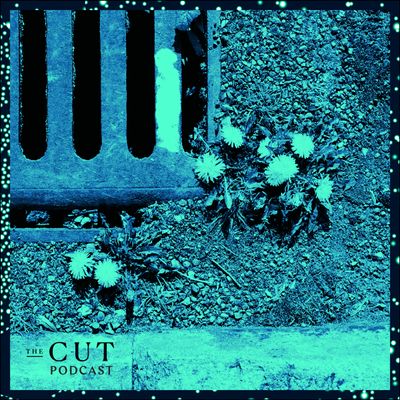
The Cut
Subscribe on:
This week’s episode of The Cut is about wilderness: what constitutes it, why we glorify it, and who gets to enjoy it. As the pandemic keeps us isolated from one another, many are finding respite and refuge outdoors. But communing with nature has long been a privilege in the United States, not a right afforded to everyone. And the notion of “pristine” nature, untouched by humans, as more real somehow than other nature, as the true order of things — that’s fantasy, and a misrepresentation of our relationship to the natural world:
AVERY: Leanne [Betasamosake] lives on the same land as her ancestors. It’s just that there’s a city on top of it now. And that doesn’t make her any less connected with it.
LEANNE: Watching the sun rise, watching the sun set. Watching the phases of the moon. There’s lots of ways of connecting to the land in urban settings. And not sort of a romantic, pristine sort of way because these urban centers are often areas that have experienced the most violence and the most damage and the most contamination.
if you think of the Earth as a relation, you don’t abandon your auntie or a parent when they’re sick.
You need to sort of extend the relationship of care to the land wherever wherever you’re living. And I think that’s more difficult sometimes in the city. But I think it’s just as important.
AVERY: I think especially now in lockdown we’re learning there are magical encounters to be had, right here where we live. Wherever you live.
To hear more about Americans’ evolving attitudes toward the great outdoors and how we interact with it, click above, and subscribe for free on Apple Podcasts or wherever you listen to podcasts.




